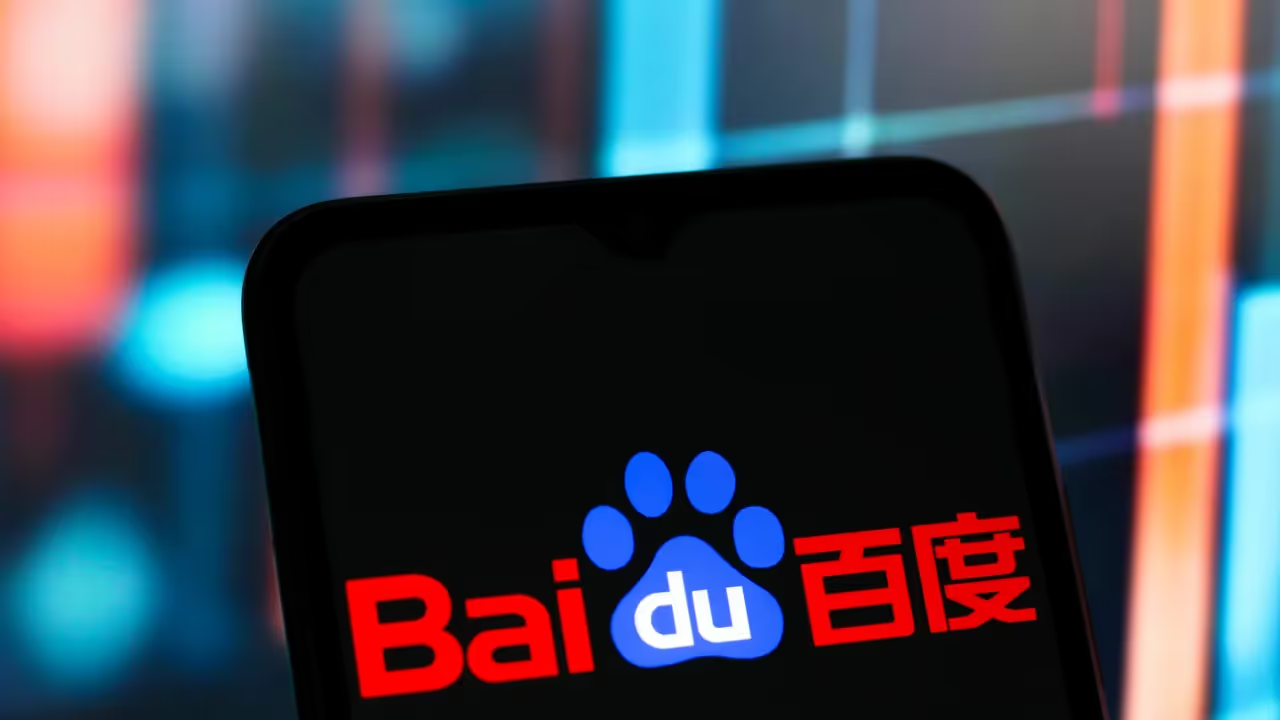Once deployed, if a rider requests an Uber trip, they may be presented with the option to have their trip fulfilled by a fully driverless Apollo Go autonomous vehicle.
China-based Baidu, Inc. (BIDU) and Uber Technologies, Inc. (UBER) on Tuesday announced a multi-year strategic partnership to deploy thousands of Baidu’s Apollo Go autonomous vehicles on the Uber platform across multiple markets outside the U.S. and mainland China.

BIDU shares traded 7% higher at the time of writing on Tuesday morning, while UBER stock traded nearly 2% lower.
The first deployments are expected in Asia and the Middle East later this year.
Once deployed, if a rider requests an Uber trip, they may be presented with the option to have their trip fulfilled by a fully driverless Apollo Go autonomous vehicle.
Apollo Go, Baidu’s autonomous ride-hailing service, deploys an operational fleet of over 1,000 fully driverless vehicles globally with its global footprint spanning 15 cities, including Dubai and Abu Dhabi, in addition to cities in China. Apollo Go provided over 11 million rides to the public as of May.
The new partnership with Baidu marks the latest of Uber’s efforts to strengthen its position in the autonomous vehicle field. Uber struck a partnership with Pony AI (PONY) in May to deploy the latter’s robotaxis on its platform, starting with a market in the Middle East later this year.
During the same month, WeRide (WRD) and Uber also announced plans to expand their existing autonomous vehicle partnership to 15 additional cities over the next five years, focusing on regions outside the U.S. and China, including Europe.
On Stocktwits, retail sentiment around BIDU fell from ‘neutral’ to ‘bearish’ over the past 24 hours while message volume remained at ‘high’ levels.

Meanwhile, retail sentiment around UBER fell from ‘neutral’ to ‘bearish’ territory, coupled with ‘normal’ message volume.

While BIDU stock has risen by about 9% this year, UBER rose 53%.
For updates and corrections, email newsroom[at]stocktwits[dot]com.<
